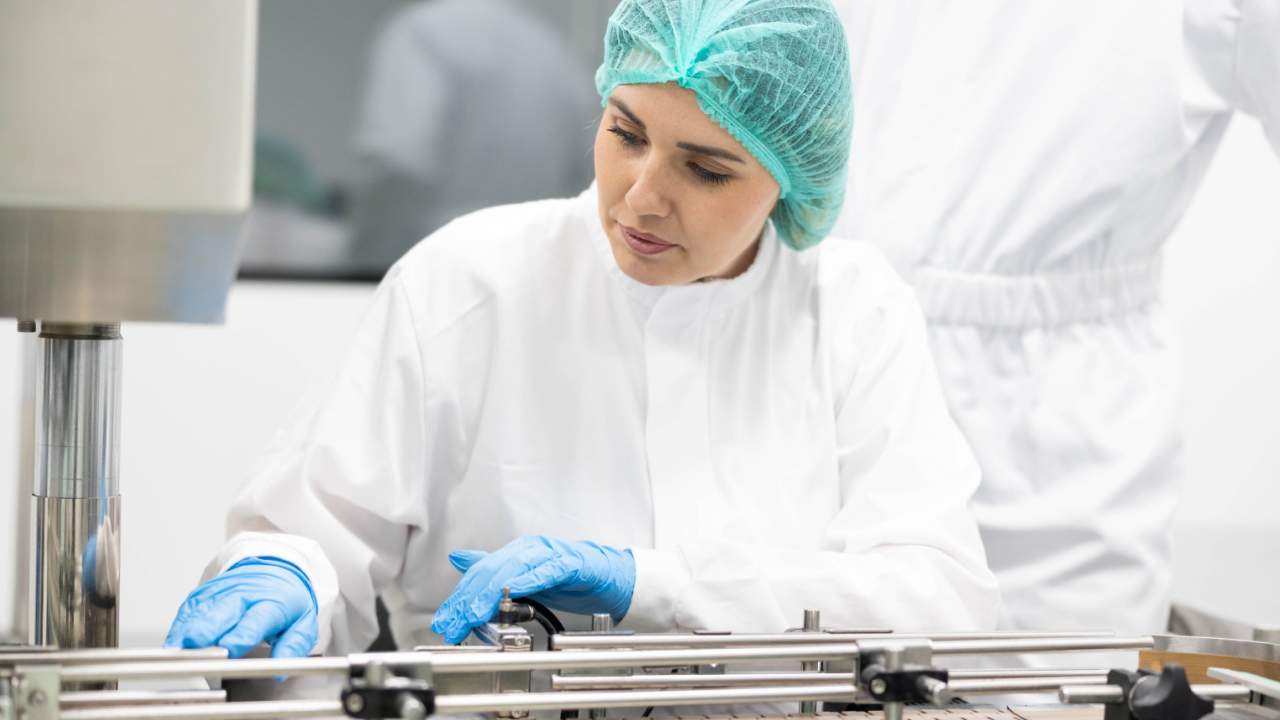Aardvark Therapeutics, Inc. has priced its initial public offering (IPO) at $16.00 per share, offering 5,888,000 shares and targeting approximately $94.2 million in gross proceeds.
Trading on Nasdaq under the ticker AARD began on February 13, 2025. This capital will accelerate the company’s clinical programs and support its pipeline of investigational drugs aimed at treatments for metabolic diseases like Prader-Willi syndrome (PWS).
Current Share Price:
PWS is a complex, genetically determined neurodevelopmental disorder that affects multiple organ systems. It usually begins in infancy with muscle weakness and feeding challenges, followed by developmental delays and mild intellectual disabilities.
PWS is mainly characterized by hyperphagia — an unrelenting, pathological hunger — that, if not strictly managed, can lead to obesity, diabetes, cardiovascular issues and respiratory complications.
According to some studies, over 80% of those with PWS become overweight or obese. And hyperphagia is common not only to PWS but also to hypothalamic obesity, binge-eating disorder and certain rare genetic disorders like Bardet-Biedl syndrome.
Related: Obesity-Focused Metsera Launches IPO Amid Much Anticipation
Aardvark’s approach centers on developing novel, small-molecule drugs that harness the body’s natural hunger-regulating mechanisms.
Its lead candidate, ARD-101, is designed to trigger gut-to-brain pathways by targeting bitter taste receptors (TAS2Rs) — a family of receptors typically known for detecting bitter flavors. In the gut, these receptors prompt the release of hormones such as cholecystokinin and GLP-1, which together signal satiety.
In a Phase II trial involving patients with hyperphagia, ARD-101 was well tolerated and achieved an approximate eight-point reduction in hunger scores.
Encouraged by these results, Aardvark has initiated a Phase III clinical trial, known as the HERO (Hunger Elimination or Reduction Objective) trial, with topline data expected in early 2026. The company is also planning a Phase II trial targeting hyperphagia linked to hypothalamic obesity — a condition that arises after brain tumor treatment and leads to severe overeating due to hypothalamic damage.
Alongside ARD-101, Aardvark is developing ARD-201, a fixed-dose combination of ARD-101 with a dipeptidyl peptidase-4 inhibitor. This approach aims to combine TAS2R activation with enhanced incretin hormone modulation, potentially offering a more robust treatment for obesity and related conditions.
The competitive landscape is equally dynamic.
ConSynance Therapeutics recently earned FDA Rare Pediatric Disease designation for its investigational drug CSTI-500, a potential first-in-class therapy for PWS, while Rhythm Pharmaceuticals secured FDA approval to expand Imcivree (setmelanotide) for children as young as two years old with rare genetic obesity disorders such as Bardet-Biedl syndrome and proopiomelanocortin (POMC) deficiency.
More recently, MSN reported on a Cell Genomics study where CRISPR reactivated dormant genes in patient-derived cells, restoring normal gene expression and improving metabolic function — an innovation that could address PWS at its genetic roots.
Together, these advances highlight a rapidly evolving treatment landscape aimed at improving the quality of life for patients grappling with hyperphagia-associated metabolic disorders.












Join or login to leave a comment
JOIN LOGIN